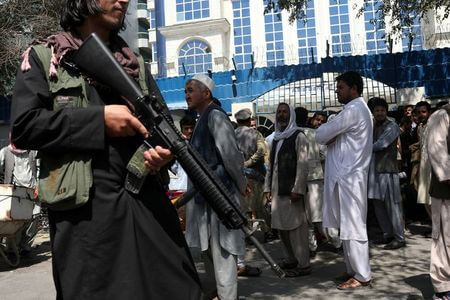
Impact of Taliban’s “Victory” on Global Islamist Terrorism

US led Global War on Terror has had a stifling effect on most Islamist terror groups around the world since its start in 2001. However, the chaotic and haphazard US withdrawal from Afghanistan is being seen as a change in the US policy pertaining to the Global War on Terror. Taliban’s success in Afghanistan, post the US-Taliban Doha Agreement is being viewed by certain quarters, as the “victory” of Taliban over the most powerful military in the world. Many Islamist terror groups have congratulated Taliban on its supposed “victory”.
This development in Afghanistan has acted as a booster dose for the sagging morale of various terror groups, whose violent activities had been curtailed to varied degrees by the reprisals against them by the states and also the global coalition against terrorism. The reverberations of this victory are bound to be felt all across the world where ultra conservative Islamist Jihadi groups have their presence. Many Jihadists across the world are marveling at the “victory” of Taliban and making a beeline for the promised land of Afghanistan, while many others are firming up plans to liberate their nations and set up Sharia compliant administrations, a la Afghanistan.
However, the resurgence of Taliban marks a significant change in US counter terrorism policy which would mean lesser vigor and even lesser resources being allocated for counter terrorism efforts from now onwards. Certainly, it would mean lesser boots on the ground in foreign lands and a reduced focus at countering global Jihad on the part of Pentagon.
Apart from South and West Asia, the other places which are affected by this scourge of Islamist terrorism are the impoverished areas in Africa with weak governance structures. India has considerable political, diplomatic and economic interests in Africa; therefore, India needs to recalibrate its strategy towards these areas after a careful analysis of the emerging security situation there.
The region worst affected by reign of terror unleashed by these Jihadist groups are the Sahel region of Africa, Libya, Egypt, democratic republic of Congo, Mali, Nigeria, Cameroon, Somalia and Mozambique.
Most of these Islamist terror groups that go by various nomenclature adhere to the same Salafist strain of Islam. At some point or the other in the past these groups have supported and declared allegiance to the major groups such as Al Qaeda, ISIS and Taliban. In the near future, there is a likelihood of a spurt in violent Jihad by these groups across their areas of influence.
Boko Haram, officially known as Jamā’at Ahl as-Sunnah lid-Da’wah wa’l-Jihād is a terrorist organization based in northeastern Nigeria since 2002 and is also active in Chad, Niger and northern Cameroon. This group has killed tens of thousands of people through its violent Jihad. Since the killing of its founding leader Mohammed Yusuf in 2009 by the Nigerian military, the violent acts of this group have witnessed increased sophistication including suicide bombings, attacking government offices and police buildings and the United Nations office in Abuja in 2011.
Citing thousands of killings by Boko Haram and its linkages with Al Qaeda in Islamic Maghreb (AQIM) and Al Shabab in Somalia, the US designated and sanctioned these as terrorist organisations in 2013. In 2015, US approved a counter terrorism aid package amounting to US$ 45 million for Nigeria and other African nations involved in fighting Boko Haram. In addition, it deployed 300 military personnel in Chad to advise these nations in their counter terrorism efforts. US allies like France and United Kingdom have also provided financial, material and personnel assistance to Nigeria in its counter terrorism efforts. Similarly, in 2013, France had deployed 3000 troops in Mali to fight, who continue to be deployed there till date.
With the debacle in Afghanistan, the possibility of any more boots on ground policy by US is remote. This should be a welcome news for the plethora of these Islamist groups operating in Central and Northern Africa. They will now not have to bear consequences of the superior intelligence and lethal fire power of the US forces. The US counter terrorism efforts had earlier caused significant damage to these Jihadist groups who will now, doubtlessly, feel inspired and emboldened by the Taliban success in Afghanistan.
Another positive lesson for these groups from the developments in Afghanistan is that if they can survive the attrition long enough, they can ultimately wear down and defeat even a superior power like US, thereby proving an old adage, “The conventional army loses if it doesn’t win, but an insurgent wins if he doesn’t lose”. This has indeed been proved right by the Taliban by taking refuge in Pakistan and surviving for around two decades. They just faded and bided their time in sanctuaries in Pakistan. Fueled by the success of Taliban, the ambition of these Jihadist groups to govern their respective nations on the lines of Sharia has also found new wings.
There are also lessons in this for the state power, especially France, who has been fighting the Jihadist groups in Mali. The lesson is to keep eliminating the top leadership as they emerge. This will keep the insurgency at a manageable level. Secondly, the nation building efforts should look at making democratic institutions sustainable and ensuring that fruits of democracy and development reach the last person, the most underprivileged. Making the armed forces strong and independent enough to function without any outside power is critical to the stability and sustenance of the state.
The nation building efforts should aim at creating an inclusive cohesive society and not focus only on creating a western educated ruling elite leaving large sections impoverished both economically and educationally. It is this educationally backward and impoverished strata of the society that provided the foot soldiers to sustain the Taliban movement in Afghanistan.
This becomes significant, especially in light of French President Emmanuel Macron’s stating recently that his country’s counter terrorism effort in Mali has developed fatigue and that France could reduce its presence there. While it is understandable that counter terrorism operation in a foreign land can tend to cause fatigue, the withdrawal should not squander the limited gains of such efforts and accentuate the security and political situation further.
Any slackening of counter terrorism efforts in North Africa will have deleterious effect on the security situation in not only France but also other European nations. France can certainly learn from the mistakes the US made in its almost two-decade long intervention and nation building efforts in Afghanistan and recalibrate its strategy and avoid the US pitfalls. As and when France decides to withdraw from Mali, it would do well not to repeat the mistakes of US in Afghanistan.
India too has political and economic stakes in the region. India has huge economic interests in Nigeria. India is the largest trading partner of Nigeria. Also, Nigeria is India’s largest trading partner in Africa with the bilateral trade touching US $ 13.89 billion in 2019-20. Nigeria is a leading energy security partner for India. Indian owned/operated companies are the second largest employer in Nigeria after the Nigerian government. More than 135 Indian companies are currently operating in Nigeria in diverse fields such as pharmaceuticals, engineering goods, electrical machinery and equipment, plastics, chemicals, etc. India had an investment of US$ 175 million in the conventional and renewable power sector in Nigeria. If Boko Haram, which is active in Northern and Eastern Nigeria, inspired by the Taliban success and supported by other Jihadist organisation is able to extend its influence to other parts of Nigeria, it can pose grave risk to Indian owned and operated companies as well as Indian diaspora.
India has granted more than US$ 300 million line of credit to Mali for various power generation and other infrastructure projects. While some of these projects are being undertaken by Malian public and private companies, many others are being executed by Indian companies. There are various other projects in energy sector, agriculture, food processing and railways that have Indian presence.
Similarly, India has cordial relations with other nations of the region such as Chad, Niger, Mauritania, Cameroon and Burkina Faso and is keen to increase its engagement with these nations through benign developmental aid, line of credits for infrastructure development and grants in aid under the least developed countries scheme. Of late there has been a wave of liberal reforms in many deeply conservative Islamic nations led by Saudi Arabia, wherein women have been granted some rights which were considered unimaginable, only a few years back.
However, there are many impoverished Islamic nations in Africa which remain conservative and act as fertile grounds for ultra-radicalization of the youth and scouting of new recruits by various Jihadist terror groups. While the economically prosperous Islamic nations and certain non-state actors therein may provide financial support for propagation of Jihad, it is the impoverished nations that provide the foot soldiers for these groups. There is a need to amplify these reforms in Islamic nations so that these underdeveloped and least developed nations do not fall into the lap of ultra radicals.
Any deterioration in security situation in these countries will affect execution of these projects. If India has to safeguard its political and economic interests in this region, it should be willing to do more than what it is already doing to ensure that the security situation doesn’t escalate to a point where its interests are irretrievably jeopardized. While India may not be capable of launching an operation of the scale and scope of the US Operation Freedom’s Sentinels, it must work with the respective states in the field of counter terrorism training, intelligence sharing, employment generation, deradicalization, education and women empowerment. India should be willing to take up these initiatives on its own as well as under aegis of international bodies.
Inspired and buoyed by the Taliban’s success, an unprecedented surge in Jihadi violence and attempt by the various Islamist terrorist groups to run over the existing governments may not be ruled out. Afghanistan will not be the first and last case, where Jihadist forces will have to be defeated by international players to protect human rights and ensure safety of innocent citizens and uphold rule of law.
The Global War on Terror is not a mission accomplished but a work in progress and must continue to receive financial, material and manpower support of all major global powers including the US. Other measures will need to be taken to root out the oppression of human rights and restore popular democratic regimes.
The global powers and institutions need to plan now for such scenarios because any last-minute efforts can at best be akin to fire fighting. If measures are undertaken under the UN flag these will have larger acceptability. Any effort under these programmes should not only address the developmental inadequacies but the root causes that nurture the Jihadi terrorism.
Modern education, gender parity, respect for rule of law and human rights should be the foundation of nation building efforts if they are to succeed. The developmental efforts should not be concentrated only in capital and few cities, but should also reach the remote parts of the nation. Moreover, efforts should attempt to bring slow but sure changes in the conservative outlook of the outlier communities to align them with modern global values.
This can be better achieved through empowerment of women through modern education. The protests by women we are now witnessing in Afghanistan reflect the empowerment of women in a deeply conservative society and is one of the positive outcomes of the occupation by the coalition forces, but these protests are limited to Kabul and few other cities. If such protests were to occur in all cities of Afghanistan, it would be extremely impossible for even the brutal Taliban to muffle the voices of its citizens.
If these nation building measures are undertaken under the superintendence of various expert UN agencies and it can be ensured that delivery of services percolate to the most underprivileged, a repeat of the debacle in Afghanistan can be avoided. The UN crisis management teams need to plan for such contingencies in all earnestness now when the US follies in Afghanistan and lessons to be learnt from it are still fresh unless the world has resigned to mutely witness another humanitarian catastrophe.
************
Disclaimer
The opinions expressed in this article are the author’s own and do not reflect the views of Chanakya Forum. All information provided in this article including timeliness, completeness, accuracy, suitability or validity of information referenced therein, is the sole responsibility of the author. www.chanakyaforum.com does not assume any responsibility for the same.
Chanakya Forum is now on . Click here to join our channel (@ChanakyaForum) and stay updated with the latest headlines and articles.
Important
We work round the clock to bring you the finest articles and updates from around the world. There is a team that works tirelessly to ensure that you have a seamless reading experience. But all this costs money. Please support us so that we keep doing what we do best. Happy Reading
Support Us



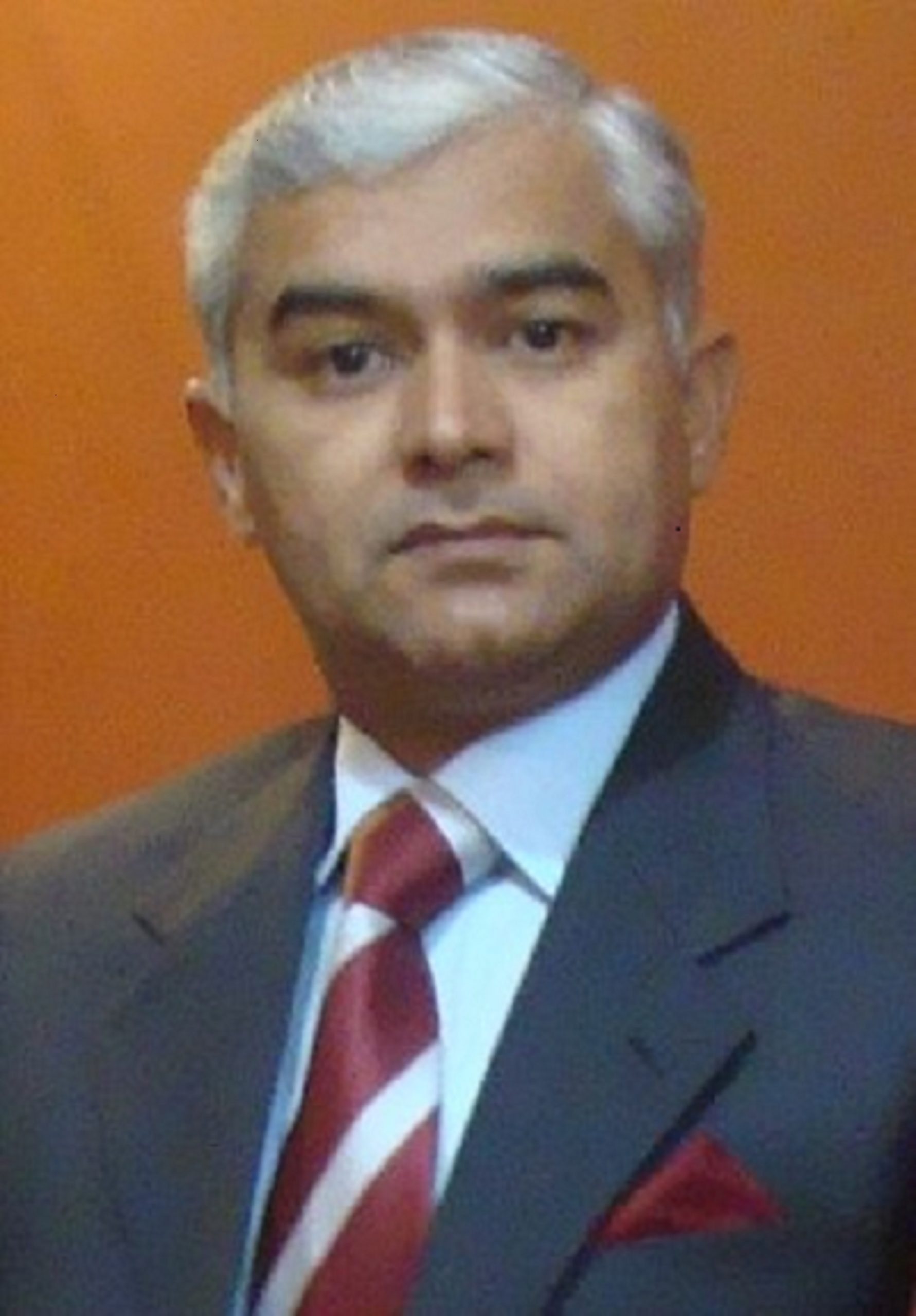


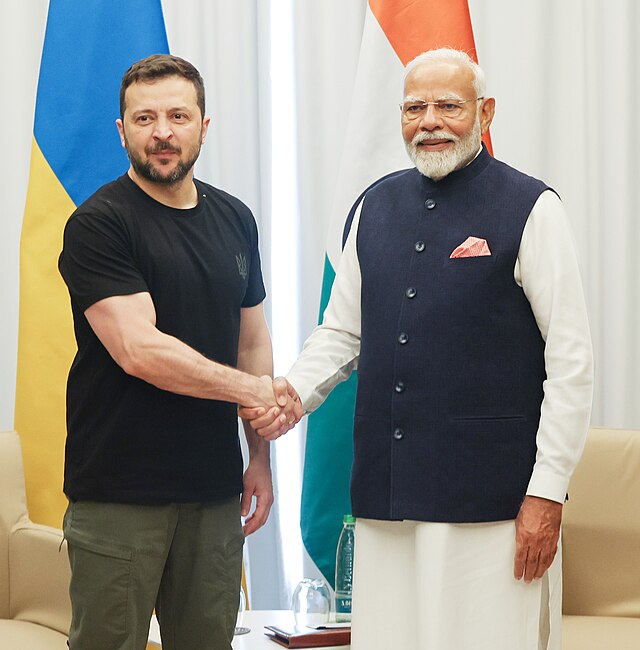
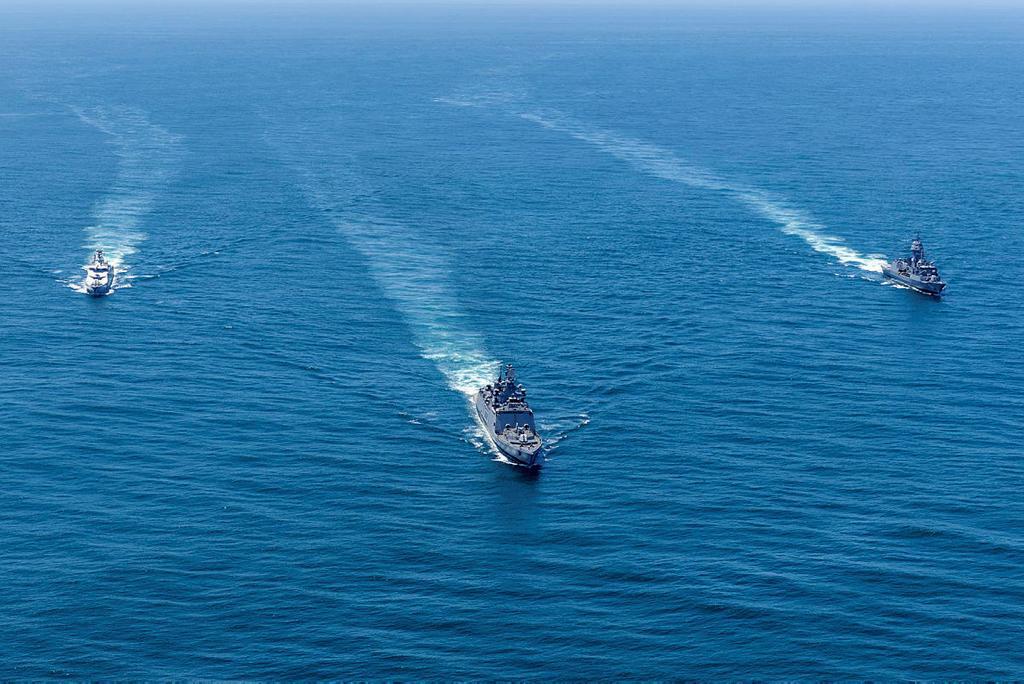
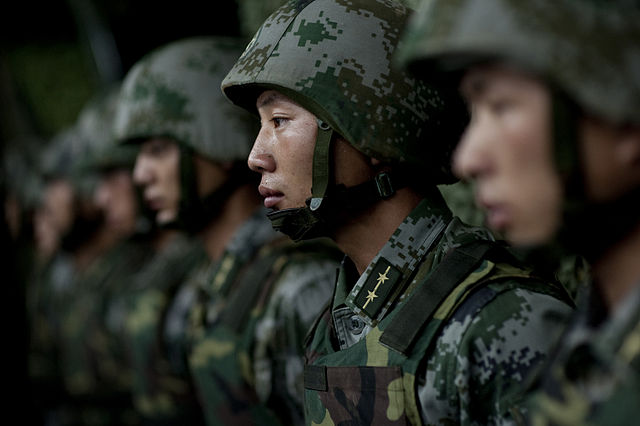
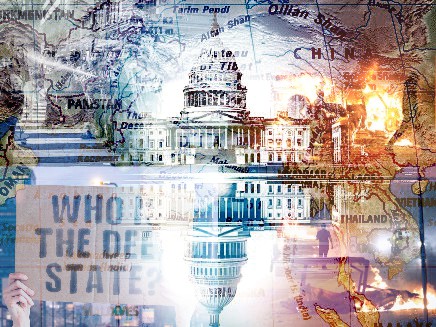

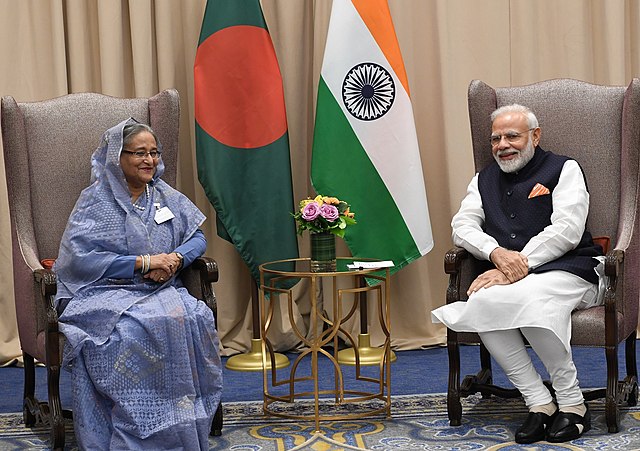
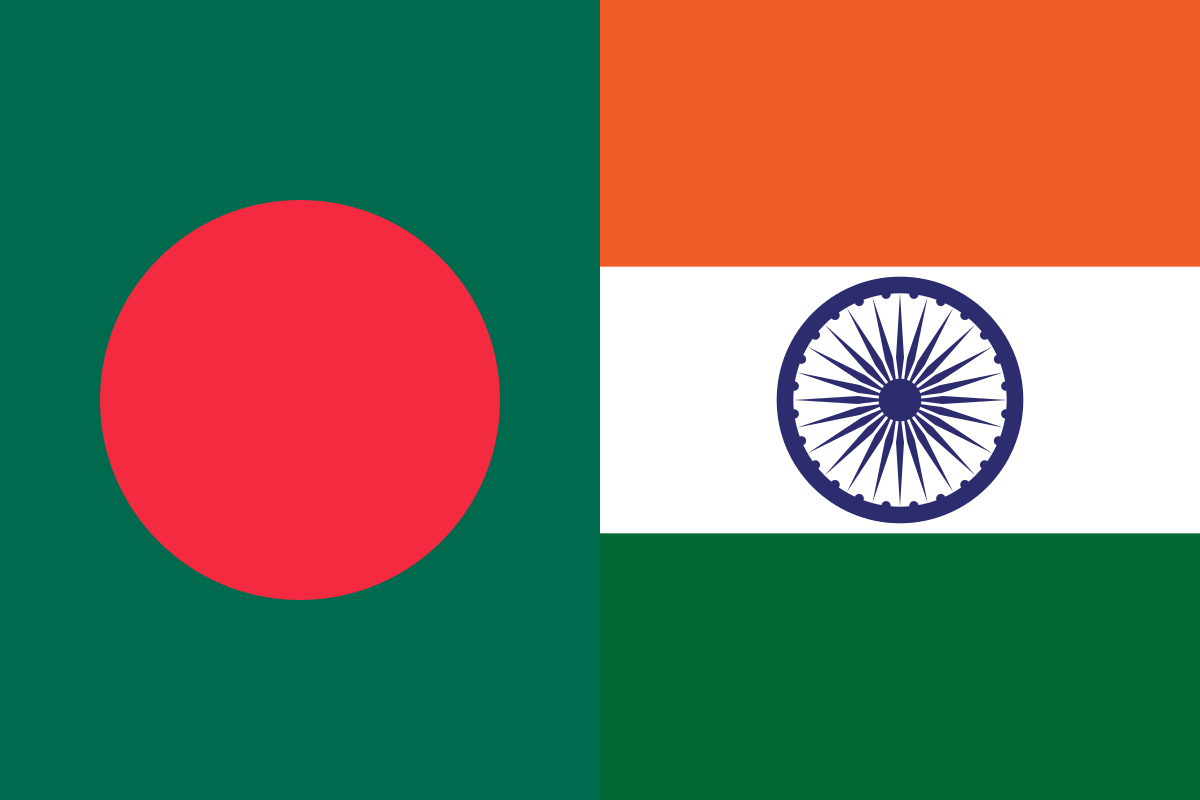
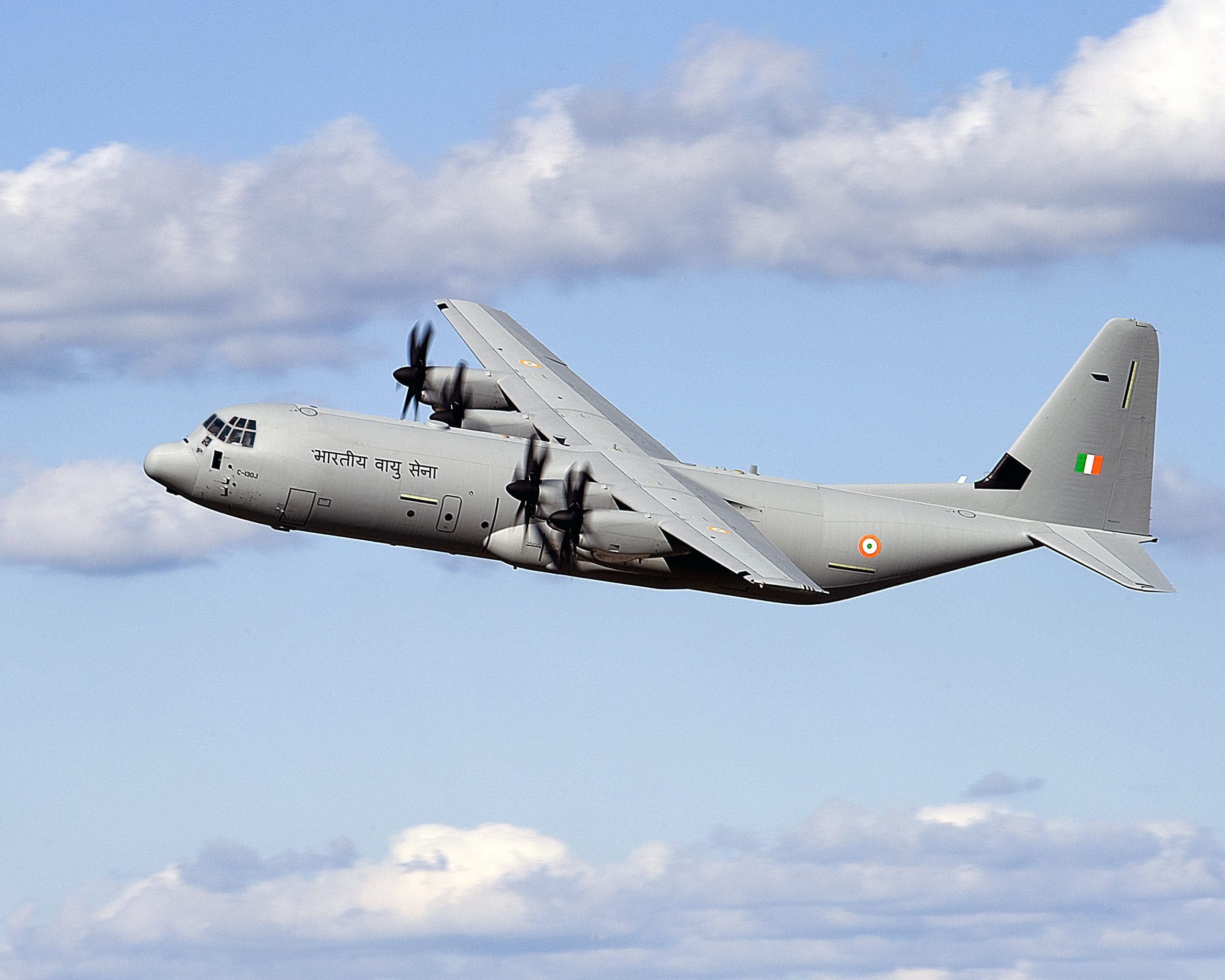







POST COMMENTS (24)
Ramanuj Goswami
Sanjeev Kumar
Cdr Arun Saigal
Gayatri Singh
Ajay Kumar
VIPUL GUPTA
Brig AK MAINI
Adyasha Singh
Praveen
Archana singh
GP singh
Arjun Sharma
Anurag Vij
Munendra
Bikram
Jai
S Pradeep Kumar
Sudh
Naveen Rathi
Nazmul Farid
Subhash Pandey
AK Poonia
Om Misra
Sushil Kapoor